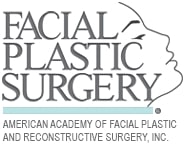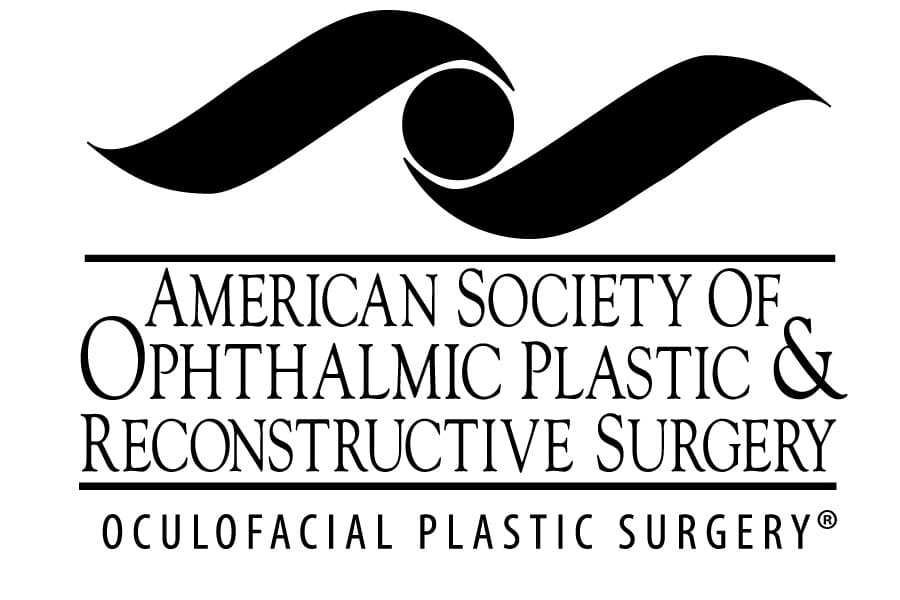It’s important to choose a cosmetic surgeon who has plenty of experience behind him. Your face isn’t a place for aspiring surgeons to practice!
Board Certification
If you encounter a cosmetic surgeon who advertises as being “Board-certified”, be sure and ask which Board. There are 24 Boards, all members of the parent organization called the American Board of Medical Specialties (ABMS).

Consider choosing a surgeon who belongs to The American Academy of Facial Plastic and Reconstructive Surgery (AAFPRS). AAFPRS members are board-certified surgeons whose focus is surgery of the face, head, and neck. They subscribe to a strict code of ethics. Dr. Fante is a member of the AAFPRS. As an additional resource, please read our page on Choosing a Facial Surgeon.
The AAFPRS is the world’s largest specialty association and is a National Medical Specialty Society of the American Medical Association (AMA). Dr. Fante has been an active member for many years.
For plastic surgery of the eyelids, the gold standard for surgeons is membership in the American Society of Ophthalmic Plastic and Reconstructive Surgery (ASOPRS), which requires board certifications, completion of a specialized fellowship, written and oral examinations, and publication of an original scientific thesis.

Dr. Fante has been an active member of ASOPRS for many years, one of only about 400 specialized surgeons so honored in the U.S. For more information, see www.asoprs.org.
Finding candidates
Don’t rely on newspaper ads or any other advertising because anyone can pay to run an ad. The Yellow Pages of the phone book will list plenty of names, but again you can’t know for sure that those doctors are good at what they do, or even if they’re qualified to do it.
- Ask friends and acquaintances who’ve had some cosmetic surgery done. This is a starting place. Don’t necessarily believe everything they say because every patient is different.
- Ask your doctor(s) if they can recommend someone. Ask if they’ve referred people to this surgeon before, and if so, what was the feedback they received.
- A good source of names is the American Academy of Facial Plastic and Reconstructive Surgery They have an information service at 1-703-299-9291.
- Colorado State Medical Board is a source of qualified doctors and can give you information about them, such as training background, malpractice claims, and whether their license is in good standing. Keep in mind that the occasional malpractice claim doesn’t mean that doctor is inferior, especially in a high-risk field like neurosurgery.
Check the credentials
Before you start talking to any of your possible surgeons, look into their training and experience.
Did they go through a specialized training program in the type of plastic surgery you want?
If so, they would first have had 3 to 5 years of residency training after medical school, then 2 to 3 years of more specialized fellowship training in one or more branches of plastic surgery.
If you haven’t already done so, check that they’re board-certified. This certification will assure not only solid training, but also 2 years of practice and success in passing written and oral exams. ABMS certification is good for 10 years. After that, the surgeon must submit a list of cases he worked on and take another written exam.
Does the surgeon have hospital privileges in your community?
Much plastic surgery is done in the surgeon’s own facility. But also having hospital privileges means that the surgeon is subject to approval by other surgeons, and it means that if any complication should arise in your case, the surgeon has access to the hospital and can get you whatever care you need.
Interview some surgeons
Have your list of questions ready and don’t be shy about consulting it. You might also want to write down some of the answers.
As you talk, notice how openly and willingly the doctor answers your questions. Does he seem too eager to get on to the next thing on his schedule? Glance around the office and note whether it seems calm, friendly, and well-organized.
- How many times has the surgeon done the particular procedure(s) you want? Can he give you some phone numbers of people who have had it?
- Does he ask you about your expectations? About why you want the procedure(s) done? A good plastic surgeon will want to know this, and will want to be sure the two of you have a good understanding as to possibilities and outcomes in your particular case.
- If he / she shows you before-and-after photos of the procedure you want, bear in mind that your before-and-after photos will be unique to you.
- Ask what sort of after-care will be needed. The cosmetic surgeon should explain very clearly how you can achieve the best recovery and results. There’ll probably be a written sheet of post-op instructions for you.
If at the end of the interview, you still have doubts or any feeling of uneasiness or confusion, move on. You’ll want to be completely confident in the plastic surgeon you choose, and completely clear as to what can be accomplished in your particular case.


